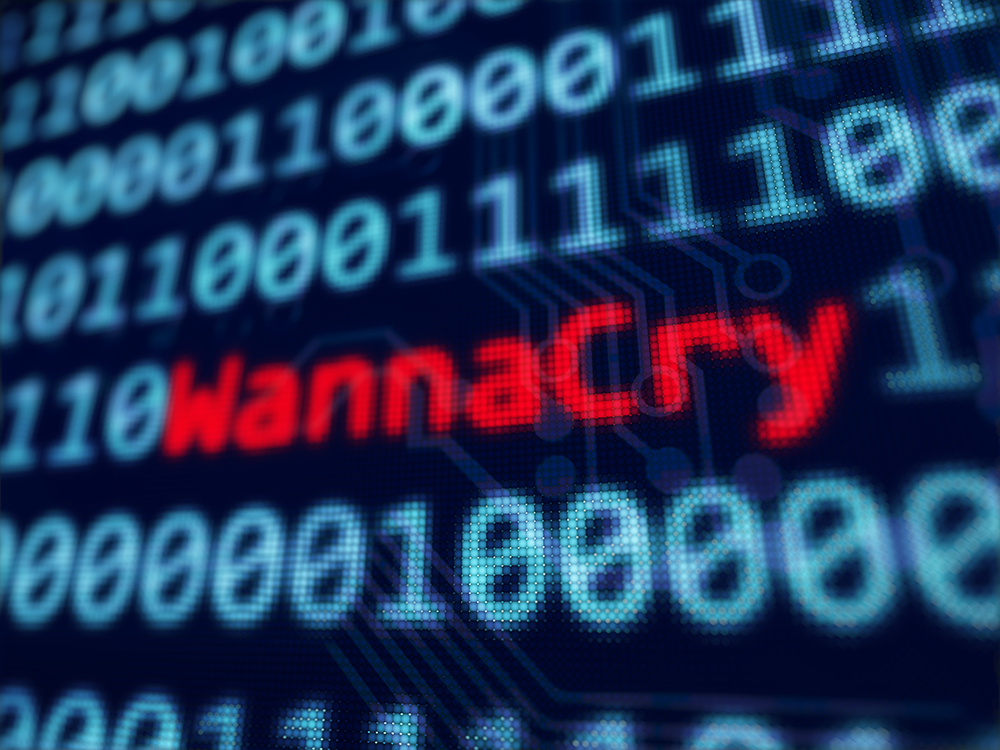What the hack?!

On the heels of the WannaCry ransomware crisis that had organizations worldwide reeling, we decided to take this opportunity to talk about how to protect your VMS and video analytics systems against cyber vulnerabilities. While the WannaCry attack did not affect IP cameras, VMS systems are not immune to security issues and it is important to be aware of how VMSs and the video analytics solutions integrated to them are affected by cyber threats.
GenX security solutions has recently reported about the arrest of two London based individuals who were suspected of hacking into network video recorders in Washington D.C. just days before President Trump’s inauguration. Effectively, this hack disabled 123 of 187 network video cameras from recording, preventing video surveillance of most of the city until the recorders could be taken offline for the malicious software to be removed.
Beyond these very practical threats to physical security, hacking into network based camera systems could offer back door access to wider corporate networks, posing even larger scale privacy and data security risks. To prevent these types of attacks, make sure to use a dedicated server for surveillance systems instead of putting company information on the same server you use for your VMS.
Today, some forward-thinking video surveillance systems are built with cyberattacks in mind, and include additional functionality to protect against these threats. However, Security Today explains that, as the industry transitions from analog to IP cameras, not all camera manufacturers have built in protection against cyber threats. This could be because when IT safeguards are added after the actual installation of the video surveillance system, then the performance of the network could be irreparably damaged. Moving forward, VMS systems with IP cameras are likely to become more robust, with built-in protections against these types of attacks.
But what does all this mean for your video analytics solution connected to the VMS? The most important thing to know is that, if you VMS has been hacked, the main practical application that might affect your video analytics activities is simply that, when your VMS stops recording video, your video analytics solution will not have video to analyze and process.
Beyond that, any sophisticated video analytics system you use should:
- Provide you with password protected access and a limited IP address range, to prevent hackers from accessing sensitive information
- Implement its processing units to the VMS architecture as stand-alone components, so that even if a VMS lacks sufficient protection, risks to the video analytics platform are mitigated
- Protect you in all scenarios, so that even when the analytics processing software is based on video file handling and not VMS, you are fortified against attacks
In today’s day and age, no one is 100% safe from cyber threats, but by taking the proper precautions and using intelligent video analytics platforms, you can keep your video data safe, even when you’re VMS has come under attack.